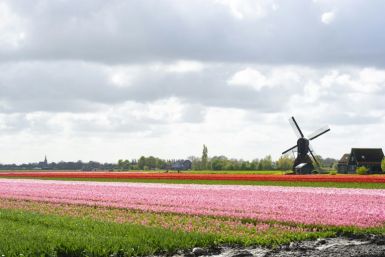UNESCO to Add Great Barrier Reef to In Danger List in Feb 2014
The UNESCO warned Australia over the weekend that it would remove the Great Barrier Reef from its World Heritage Site list and place it in the In Danger list by February 2014.
The international agency, in a report, blamed the federal and state governments for lack of action in improving quality and cutting coastal developments.
If the UNESCO would make good its warning, Australia's $6 billion tourism industry could be affected.
To address the issue raised by UNESCO, Prime Minister Julia Gillard announced the $200 million extension of the Reef Rescue programme to protect the site. However, Dr Andrew Jeremijenko, co-founder of Save the Reef, said Canberra's financial commitment is not sufficient.
"It's like getting a butterfly net to stop a plague of locusts," The Cairns Post quoted Mr Jeremijenko.
Other green groups pushed for a halt to all developments in the Great Barrier Reef. Greenpeace pointed out that the assessment processes for individual projects could not cope with the outstanding universal value of the reef.
Their call echoes request for no new port development or associated port infrastructure approval outside existing long-established major port areas. UNESCO stressed that Australia has not made any explicit policy statement assuring no further port development outside existing port areas.
The agency particularly cited the $1 billion Balaclava Island coal terminal 40 kilometres north of Gladstone planned by Glencore-Xstrata and the $1.2 billion Fitzroy Terminal near Port Alma.
In response to the UNESCO warning, Queensland Environment Minister Andrew Powell said the state government is reviewing the Gladstone Harbour plans and will come out with a ports strategy.
However, Col MacKenzie, executive director of the Association of Marine Park Tourism Operators, insisted the reef is in better shape than what it is being given credit for.
"The tourism industry is getting pretty tired of everybody being so negative about the Great Barrier Reef but it's still in the best condition in the world," he said.
Felicity Wishart, spokeswoman of the Australian Marine Conservation Society, added that being in the In Danger is associated with developing nations that struggle to protect World Heritage areas.
"People may look to go elsewhere and it would bring international embarrassment, effectively saying we aren't able to manage our World Heritage sites," she said.






